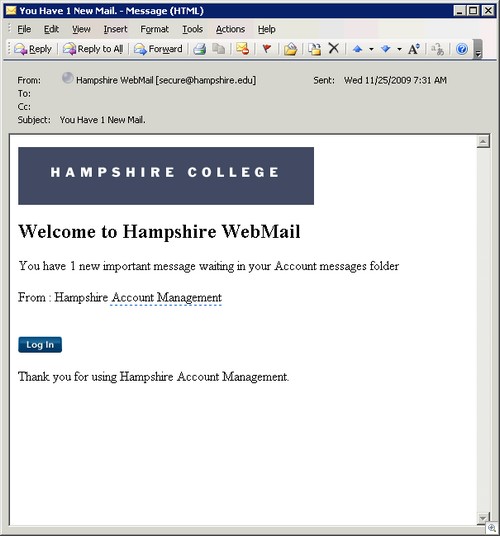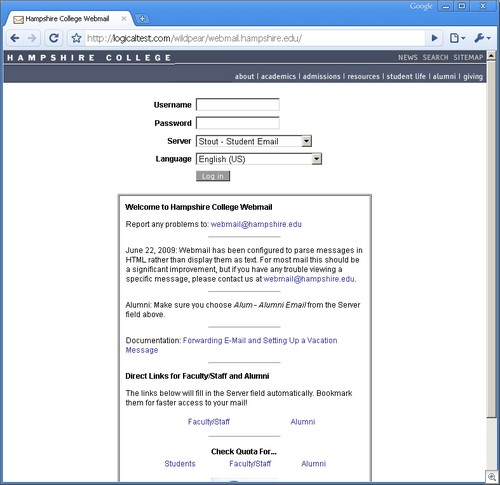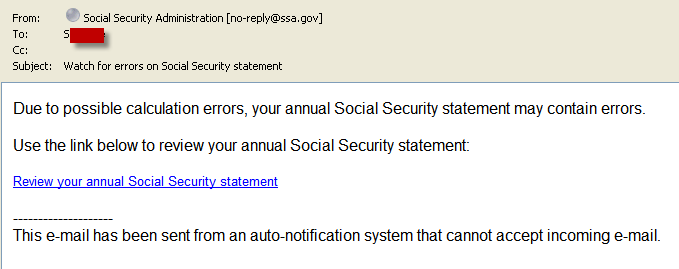Hard drive lifetime
Good estimate – three years, maybe more. Higher rate of failure in the first year. (Clearly, mileage varies with usage)
Many of us have experienced the failure of a hard drive or we’ve known someone who did. It’s the life experience that answers the question: “how often should I back up my files?”
Manufacturers publicize the expected lifetime for hard drives. It’s called Mean Time to Failure (MTTF). There have been studies that suggest they either overestimate or underestimate the expected life time, though.
A paper given at the 5th USENIX Conference on File and Storage Technologies in 2007, “Disk failures in the real world: What does an MTTF of 1,000,000 hours mean to you?” suggests that drives have about a three-year average lifetime. However, there is a slightly a more complex picture of their life cycle.
Bianca Schroeder and Garth A. Gibson of Carnegie Mellon University, said their research suggested that the average lifetime of about three years could be expected, however, they also found a “bathtub-shaped” curve. Drives failed at a higher rate in their first year of use, failed at a slower rate for years 1-5, then failed at a higher rate after five years.
Schroeder and Gibson studied data on about 100,000 disks from large production systems.
Paper here.
Since the most common part of a machine to fail is the hard drive (power supplies are up there too) it is instructive to look at stories on rates of machine repairs.
Laptop lifetime
About a third will fail in three years with one chance out of three that you cause the failure by doing something like dropping it down the steps.
San Francisco-based SquareTrade, which bills itself as the “largest independent warranty provider” published a study of 30,000 laptops this week. They summarized their findings:
“Looking at the first 3 years of ownership, 31% of laptop owners reported a failure to SquareTrade. Two-thirds of this failure (20.4%) came from hardware malfunctions, and one-third (10.6%) was reported as accidental damage.”
Study here.
Desktop lifetime
There is a seven-21 percent chance your machine will need repairs in the year.
PC magazine did a survey of readers’ experiences with desktop computers and ask if the respondent’s machine needed repairs “in the last year.” This is really a customer satisfaction piece, but, we can pull some rough numbers from it on rates of repair

Article here.
Now, go backup your files.
Tom Kelchner









